
The power of music in a child’s life is truly profound. It opens doors to creativity, emotional intelligence, and cognitive development. Whether in a homeschooling environment or simply as an enriching after-school activity, teaching children to play a musical instrument offers a multitude of benefits that can greatly enhance their overall development. This article will delve into the world of music education, offering guidance to parents on the vast array of benefits that arise from teaching their children to play musical instruments. From cognitive and social advantages to the promotion of creativity and confidence, this comprehensive guide will help parents navigate music education through different ages and stages of their child’s development.
Nurturing Early Childhood Development with Music

Children as young as two or three can begin their musical journey. At this stage, simple and durable percussion instruments like tambourines, maracas, and xylophones make ideal choices. They help to hone fine motor skills, encourage hand-eye coordination, and introduce the concept of rhythm.
From the age of four or five, children may begin to express an interest in more complex instruments. A mini keyboard or a small guitar can be ideal. Such instruments help enhance finger dexterity, while also introducing children to the world of melodies and chords.
Cognitive Benefits: Brain Boosters through Music
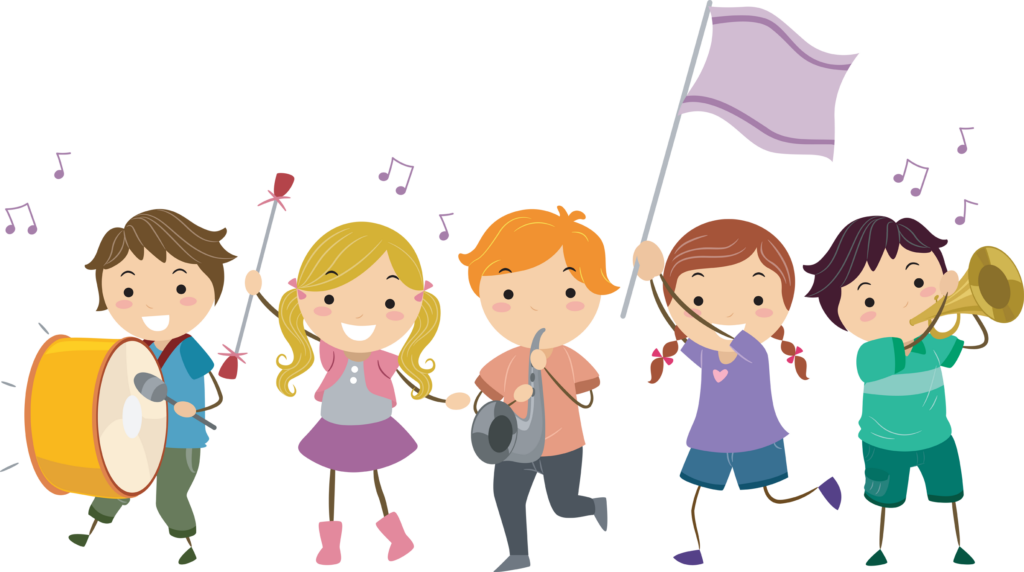
Research has consistently shown that playing a musical instrument has a positive impact on a child’s cognitive development. When children learn to play an instrument, they strengthen their memory and enhance their cognitive skills, ultimately fostering a more powerful and efficient brain. Learning to read sheet music, for instance, is akin to learning a new language, thus boosting language processing skills.
Moreover, music education is closely linked to improved mathematical skills. Musical notation is fundamentally mathematical, teaching children about patterns, fractions, and ratios in a fun and engaging way.
Social and Emotional Growth through Music
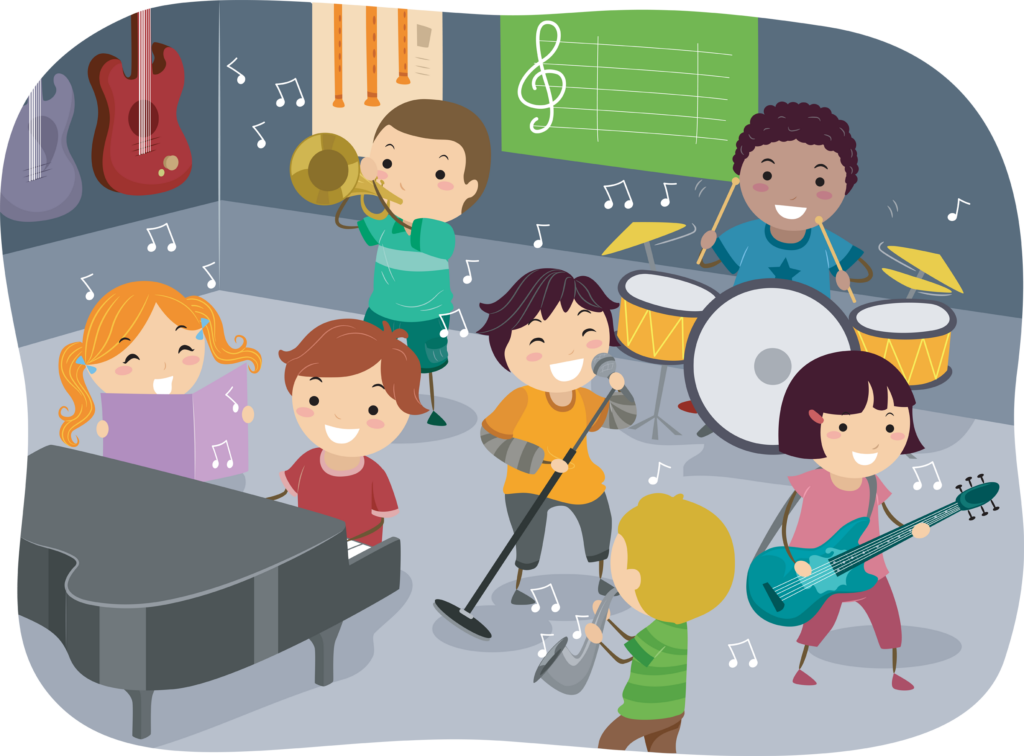
Beyond the cognitive benefits, music education plays a vital role in a child’s social and emotional growth. In a homeschooling setting, joining a local children’s choir, band, or music group can provide opportunities for interaction and teamwork. For children attending school, the music classroom or school band serves as an excellent social platform.
Learning to play a musical instrument can also foster patience, discipline, and perseverance. Mastering an instrument requires regular practice and commitment – traits that are transferable to many other areas of life.
Fostering Creativity and Confidence
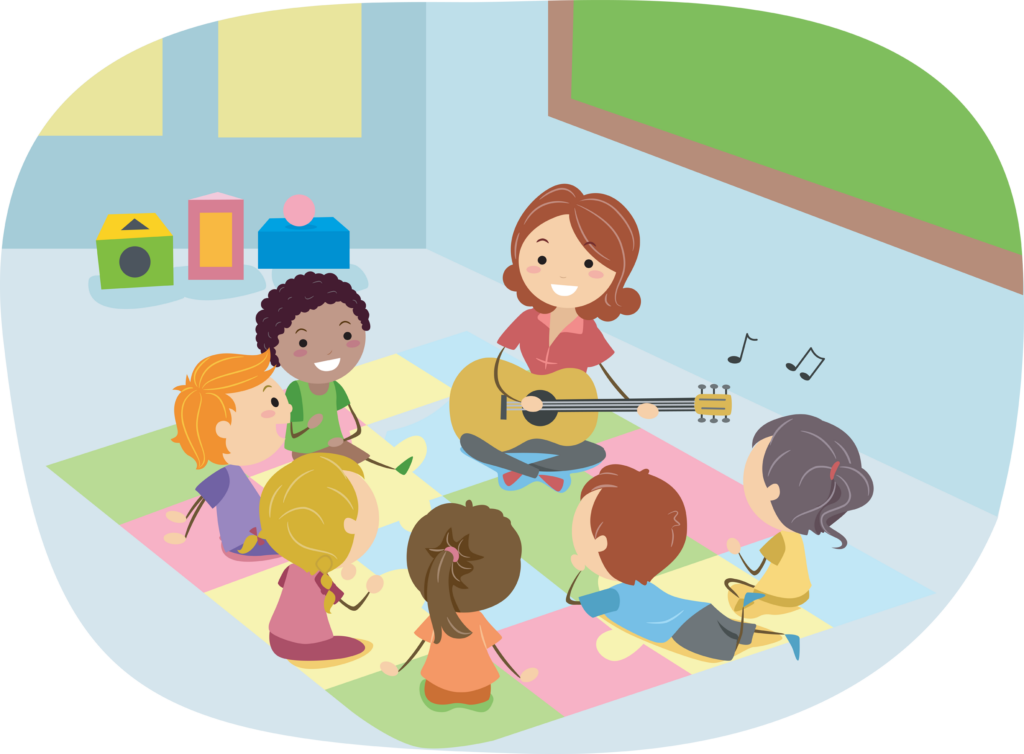
Creativity is a crucial aspect of a child’s development. Through music education, children have the opportunity to express themselves in a unique and personal way. The freedom to improvise and create their own melodies helps to boost their self-esteem and confidence.
Performing in front of others, whether in a school recital or a family gathering, can significantly enhance a child’s confidence. The sense of accomplishment they experience after a successful performance is priceless.
Turning Up the Tempo: Instruments for Older Children
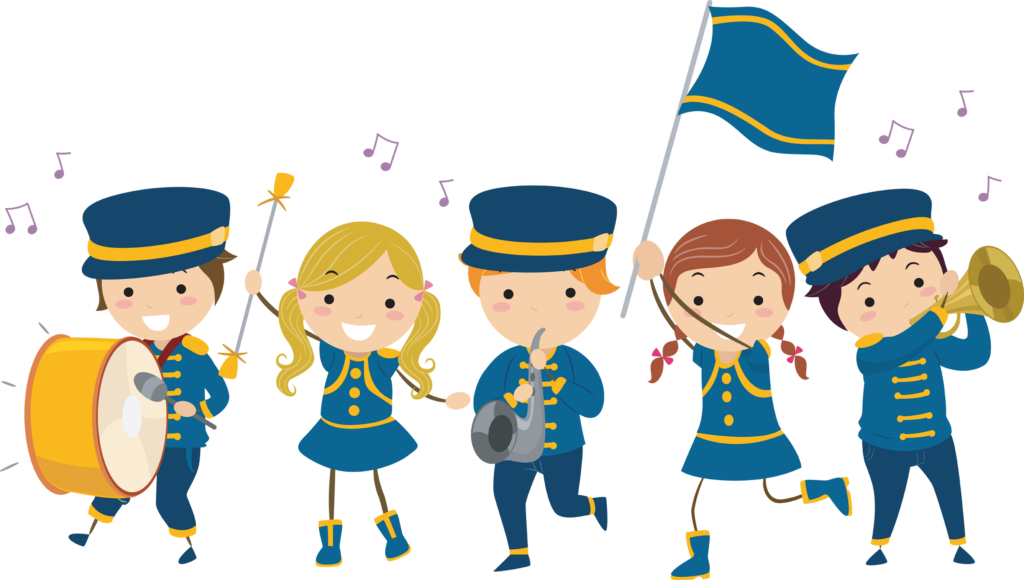
As children grow older and their fine motor skills improve, they can explore a variety of more complex instruments. The violin, flute, clarinet, or even drums can offer new challenges and learning opportunities. For teens interested in contemporary music, electric guitars, basses, and keyboards can open up the exciting world of music production.
Creating a Musical Home
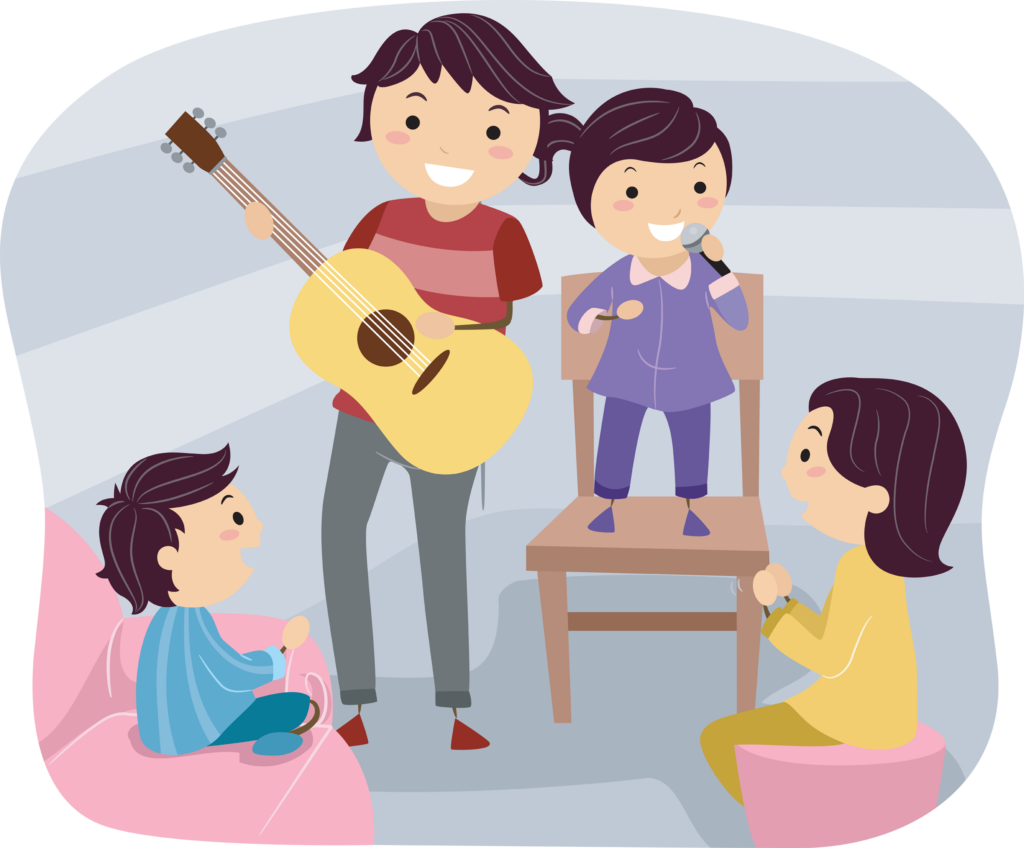
Parents can support their child’s musical journey in various ways. First, create a musical environment at home – play different genres of music and discuss them. This exposure can help a child discover their musical preferences and inspire them to play.
Consider investing in a high-quality instrument when a child shows a commitment to their musical education. Encourage daily practice but ensure it’s driven by the child’s desire to play and improve, not just parental expectation.
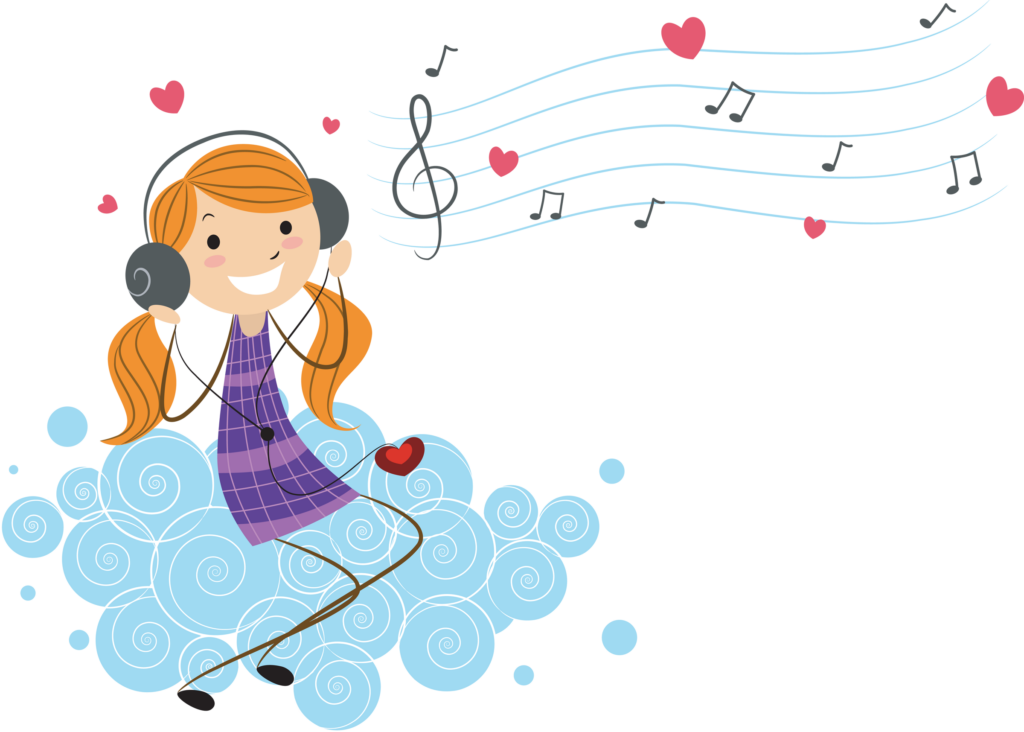
Whether a child chooses the piano, the violin, the guitar, or the drums, the benefits they will gain from this musical journey are truly immeasurable. Through learning to play an instrument, children not only gain an enriching hobby, but also develop skills that can aid in their personal and academic growth. The cognitive benefits, the social bonds formed, the discipline learned, and the confidence earned, all culminate into a harmonious symphony of life skills that can set the stage for their future success.




